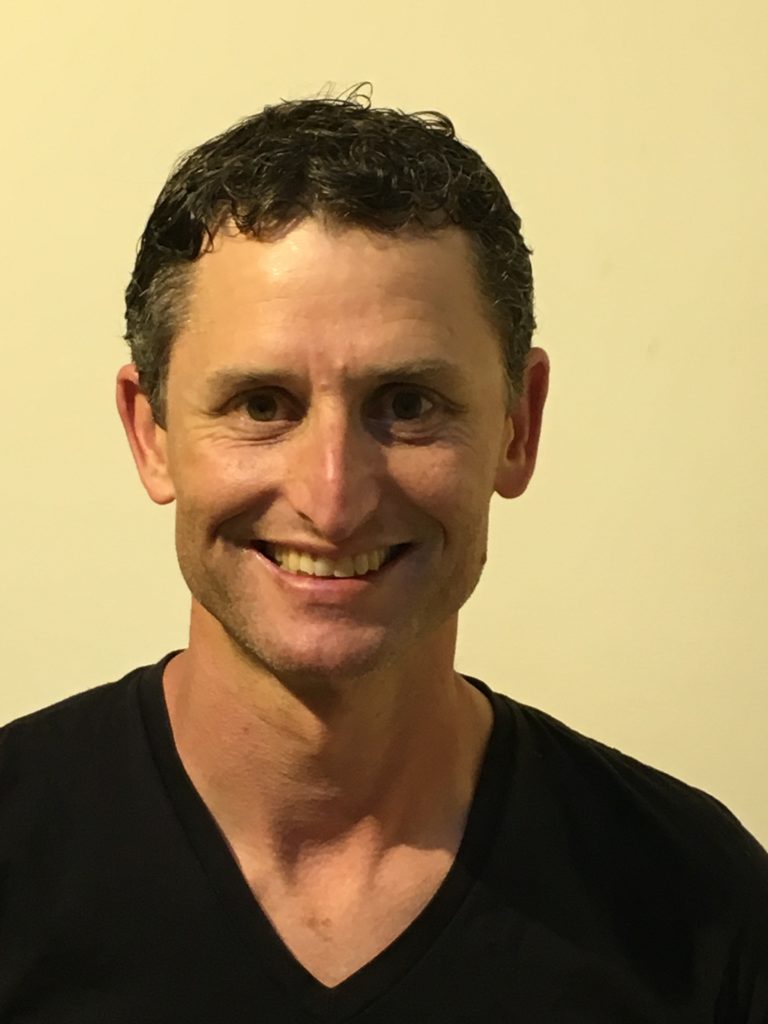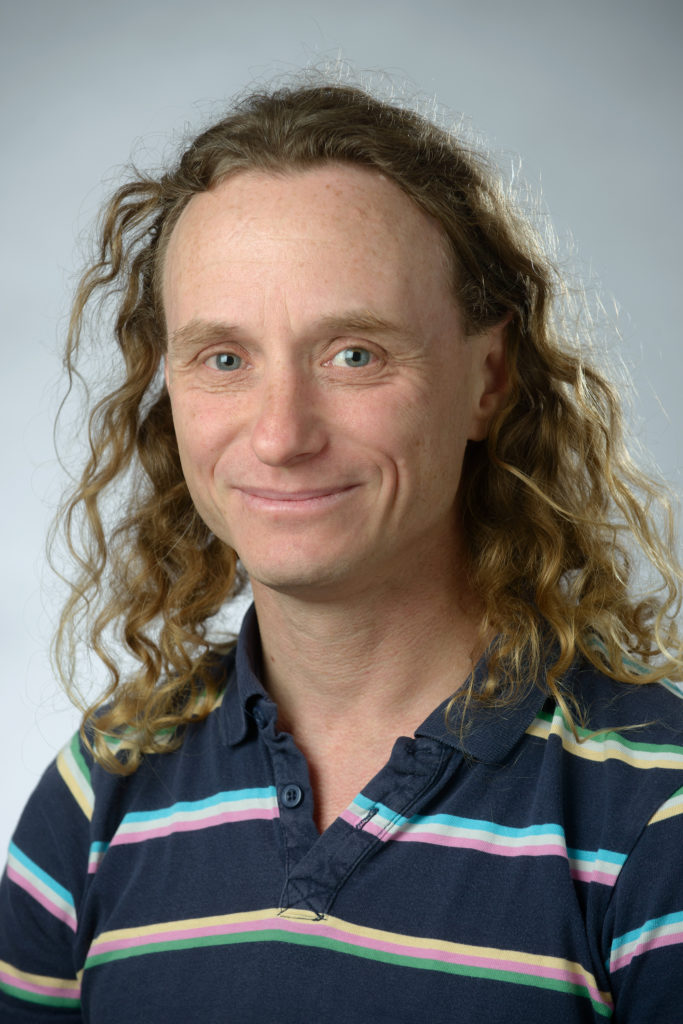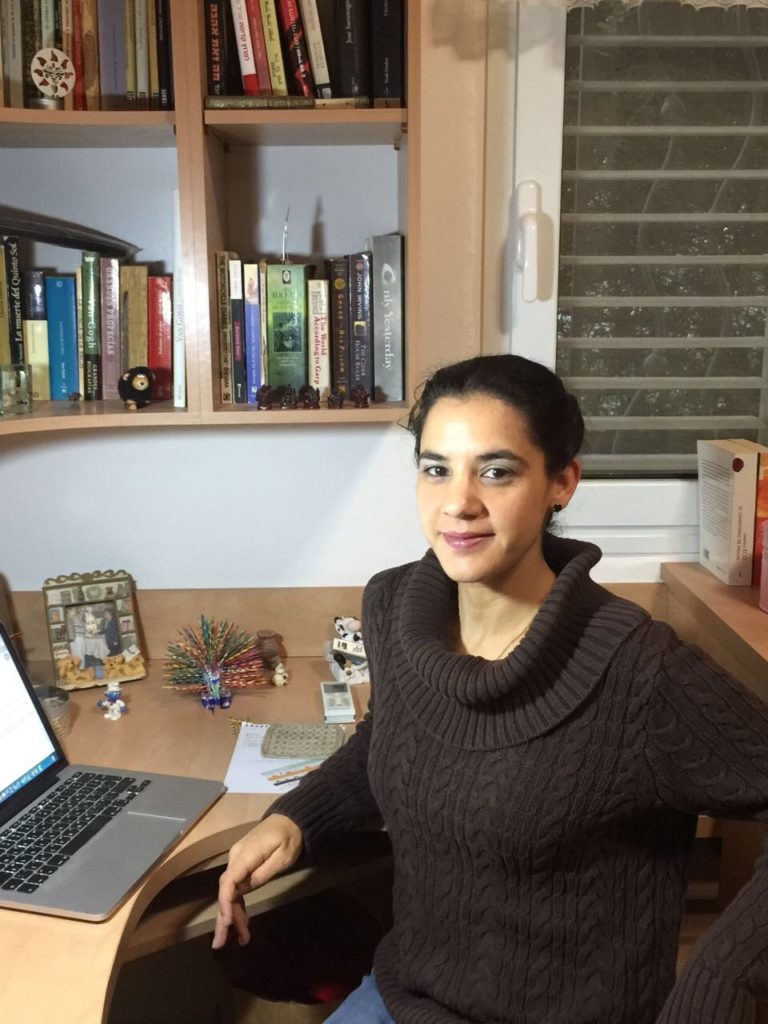
Using Your Own DNA to Personalize Medical Treatments
Using Your Own DNA to Personalize Medical Treatments
August 3, 2017
The Jerusalem Post — Genetic researchers at BGU are opening the door to new avenues of medical innovation.

Dr. Ramon Birnbaum
Genomes, a complete set of genes, are divided into two categories: coding DNA and noncoding DNA (known as RNA). Dr. Ramon Birnbaum, co-founder of BGU’s Center for Evolutionary Genomics and Medicine (EGM), had long been fascinated with the latter.
His pioneering research found that noncoding DNA, once labeled “junk,” plays an essential role in gene regulation.
Dr. Birnbaum’s research focuses on understanding gene regulation during the brain’s development, specifically in early-onset epilepsy. He explains why diagnosis and treatment can be difficult in infants: “The symptoms can look the same, but the causes can be very different.
“Diving into the mechanisms that cause genes to express or not express will lead to more accurate diagnoses and avoid inefficient or even damaging medication.”

Dr. Barak Rotblat
Dr. Barak Rotblat, a member of the EGM Center, focuses on how genes affect cancer cells, and is exploring the potential for personalized medicine to treat cancer patients.
“You can take a biopsy, see the specific tumor, know which genes are highly expressed, and which promote the cancer’s growth,” Dr. Rotblat explains.
“You then create a cocktail to hit the tumor of the individual patient.”
Meanwhile, Dr. Debbie Toiber, also of the EGM Center as well as the Department of Life Sciences, is focusing on how mapping DNA can improve health and potentially increase lifespans.

Dr. Debbie Toiber
“DNA damage is one of the major causes of aging and age-related diseases,” Dr. Toiber explains. “Most of the damage is repaired, but not everything. So, as we age, the DNA damage accumulates.”
With the accumulated damage, cells and neurons die, and organs become debilitated, causing the body to be more susceptible to disease and aging disorders.
While lifestyle plays a major role in the body’s ability to repair DNA damage on its own, genetic makeup contributes as well.
For example, if someone has an inherited gene mutation, it could limit his or her body’s ability to repair itself, leaving the individual prone to immune system damage, cancer, neurodegeneration, and premature aging.
As BGU researchers move forward with their studies, we come closer to gaining a deeper understanding of the human genome and providing the right personalized treatment for a myriad of medical conditions.



